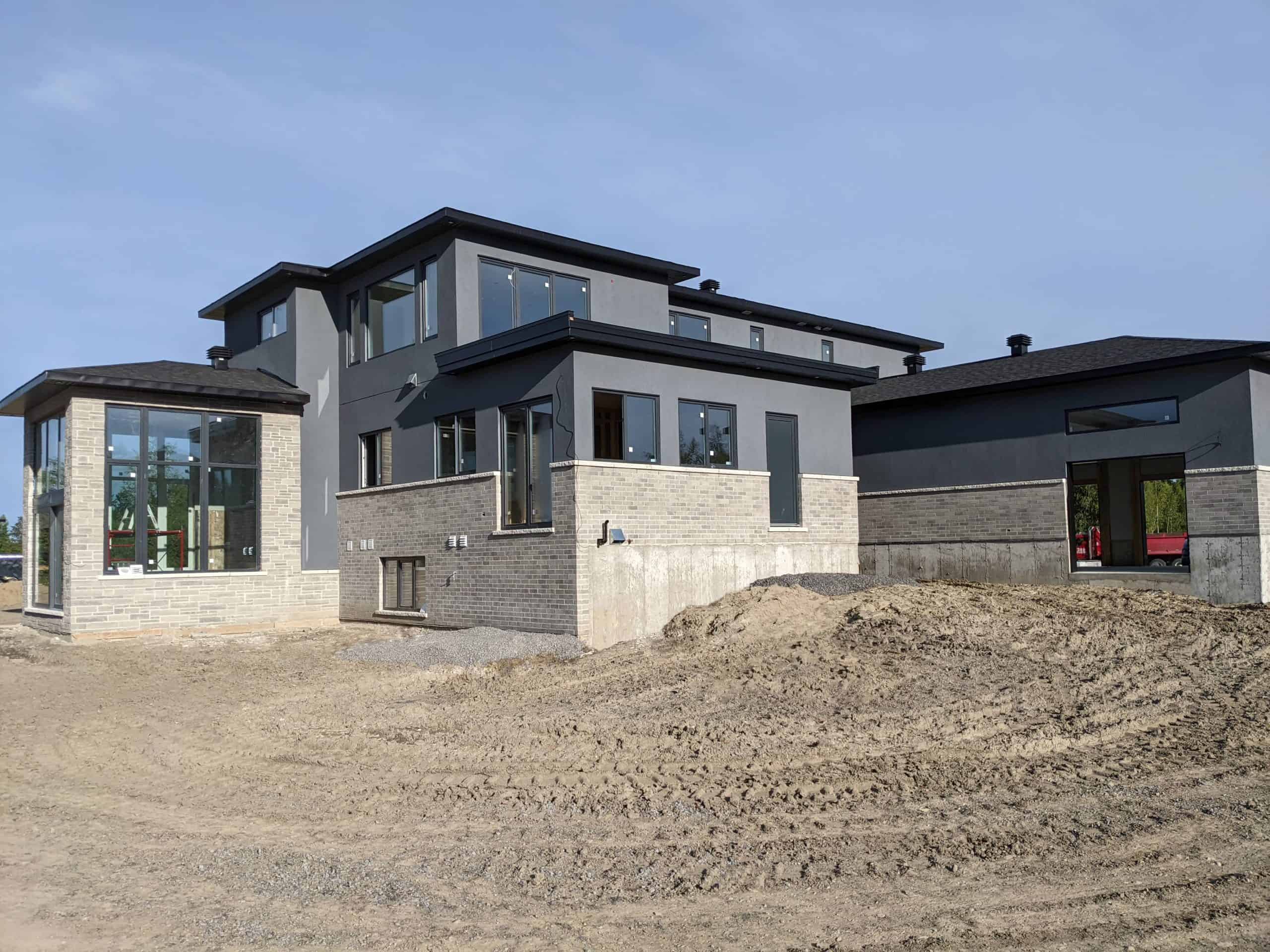When considering adding or renovating a deck to your property, navigating the regulatory requirements can be a pivotal step. Among the various considerations, one primary question arises: “Does my deck need a permit in Ottawa?” Understanding the permitting process in the capital city of Canada is crucial to ensure compliance with local building codes and regulations. In this guide, we delve into the specific guidelines and prerequisites concerning deck construction permits in Ottawa.
Checking the Need for a Permit
In determining whether a permit is necessary for your deck construction in Ottawa, it’s crucial to consider specific criteria outlined by the city authorities. Decks exceeding 100 square feet in size automatically fall within the permit requirement, as do decks attached to the primary house structure. Additionally, decks with an elevation surpassing 24 inches necessitate a permit.
Criteria for Obtaining a Permit
To clarify, if your deck measures just 50 square feet and isn’t connected to the main dwelling, but stands over 24 inches above ground level, it requires a deck permit. Meeting any one of these three conditions—size exceeding 100 square feet, attachment to the house, or elevation above 24 inches—mandates obtaining a building permit.
The instances where a deck might be exempt from a permit are quite limited:
- It must be smaller than 100 square feet;
- Detached from the primary residence;
- Below 24 inches in elevation.
Few decks fulfill all these criteria, hence most constructions do require a building permit.
Pros and Cons of Obtaining a Permit
Interestingly, many Ottawa residents are unaware of the necessity for a deck permit, resulting in numerous decks being erected without proper authorization. To make an informed decision, consider observing your neighborhood: are decks commonly built with permits? Additionally, fostering good relations with neighbors who might report unpermitted construction to the city is prudent.
Opting to secure a permit ensures compliance with regulations and avoids potential conflicts. Many individuals choose this route for peace of mind, preferring to adhere strictly to regulations. Ultimately, determining whether to obtain a deck permit involves weighing legal requirements, community practices, and personal preferences to make an informed decision.
Financial Aspects of Obtaining a Permit
Obtaining a permit for your deck construction in Ottawa involves financial considerations that can significantly impact your project’s cost. The permit fee itself is relatively modest, usually a few hundred dollars, set by the city for the application. However, securing a permit requires engaging a certified professional—either a designer accredited by the province or, for specific deck components, a professional engineer.
The unpredictability of needing an engineer’s inspection at the project’s outset can catch homeowners off guard, resulting in unforeseen expenses. Furthermore, the delays caused by inspections can incur additional expenses for contractors, averaging around a thousand dollars, thus inflating the overall cost.
In summary, the average total cost for obtaining a deck permit typically ranges from three to four thousand dollars. However, for some projects, especially in areas where decks are commonly built without permits, these financial implications might render obtaining a permit financially unviable.
Possibility of Construction Without a Permit
Generally, the city only becomes aware of unpermitted construction when prompted by a complaint or another request, such as during a house sale where a potential buyer seeks a permit for a pre-existing deck. In such cases, if the deck meets construction standards, applying for an “as-built” permit becomes viable.
Surprisingly, this route may incur slightly lower costs compared to obtaining an initial permit. In nearly 20 years of experience, fines for immediate permit non-compliance are uncommon. The city typically mandates obtaining a permit; however, if a deck stands for approximately a decade without one, it’s often grandfathered, exempting it from retroactive permit requirements.
Ways Out in Case of Absence of a Permit
In scenarios where construction lacks a permit, there are potential pathways to rectify the situation. When an unpermitted deck draws attention, obtaining retrospective permission is still feasible, contingent upon the deck’s adherence to construction standards. Despite the initial absence of a permit, applying for an “as-built” condition permit remains an option. Notably, this approach may result in reduced expenses compared to the expenses associated with obtaining an initial permit.
Recommendations and Key Considerations
To ensure your deck meets the requirements for obtaining a building permit post-construction, consider these crucial points:
Zoning Bylaws Compliance
- Check Zoning Regulations: Familiarize yourself with zoning bylaws regulating deck size, height, and setback requirements from property lines.
- Contact City Departments: Reach out to your city department to grasp zoning bylaw specifics applicable to your property. Some areas allow direct discussions at the building department.
- Understand Cost Implications: Obtaining professional drawings for zoning review incurs expenses similar to obtaining a permit initially. Self-research can be cost-effective but may not guarantee accuracy.
Structural Integrity Requirements
- Foundation Considerations: Opt for metal helical pile footings for non-permitted decks, storing excavation reports with the footing company. For concrete footings, ensure photographic evidence depicts proper depth as per local regulations.
- Skilled Builders: Engage experienced builders familiar with building codes to frame the deck accurately. Incompetent builders might construct decks failing inspection standards.
Summary
Decks infringing zoning bylaws might necessitate a costly Committee of Adjustments review, consuming time and around $2,000. While approvals are common, the process lacks a guaranteed outcome. Building the deck correctly is vital for subsequent approvals. Investing in quality construction ensures compliance and approval in inspections.
Remember, each situation varies. Weigh the options of self-research versus professional involvement to align with your preferences and budget while ensuring your deck meets the necessary criteria for post-construction approvals.
